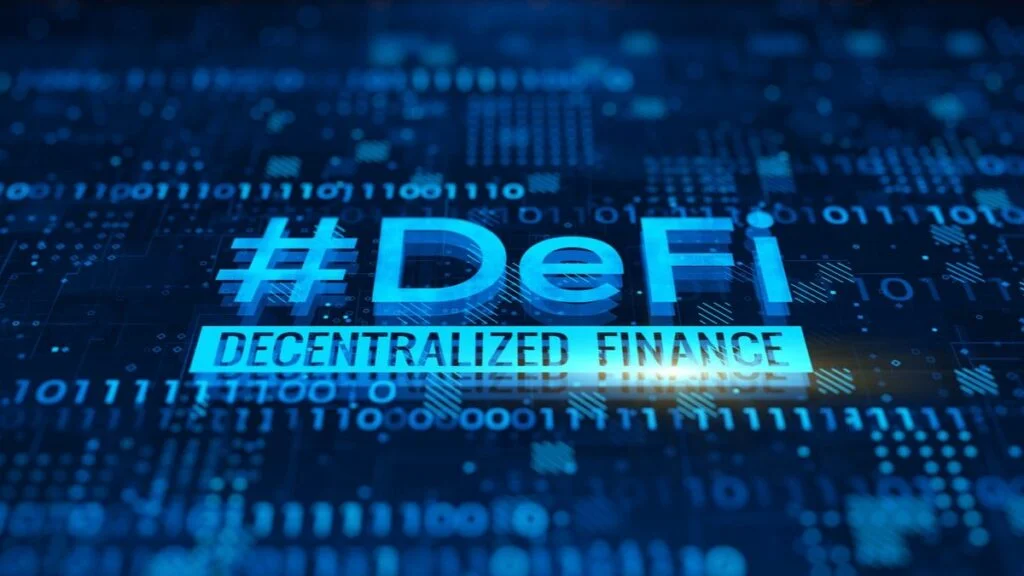Entrepreneur Brad Mills criticized DeFi for denying users access to decentralized exchanges based on location and wallet content.

DeFi is criticized for refusing access to users depending on wallet content Although some argue that restricting users access to decentralized exchanges based on their wallets is a retrograde step, decentralized finance (DeFi) is anticipated to be an improvement to conventional financial institutions.
Entrepreneur Brad Mills blasted DeFi in a tweet for excluding customers from decentralized exchanges (DEXs) based on characteristics including geography and wallet content.
As a result, Mills called Web3’s future a “surveillance panopticon” and claimed that it had recreated all of Wall Street’s flaws but on a blockchain. Mills included a picture of a pop-up notification from 1inch Network’s decentralized application (DApp) prohibiting access due to the used wallet address along with the tweet.
The chief communications officer of 1inch, Sergey Maslennikov, said in a statement that restricting wallets is a part of their efforts to establish a secure and law-abiding community environment. Maslennikov clarified:
“Users’ wallets which are owned or associated with clearly illegal behavior like: sanctions, terrorism financing, hacked or stolen funds, human trafficking, and child sexual abuse material (CSAM) are prevented from interacting with the 1inch dApp.”
Maslennikov claims that the DeFi aggregator adheres to all relevant sanctions and embargo lists. In addition, the DEX complies with international efforts to prevent terrorist financing and anti-money laundering (AML) legislation.
The Financial Action Task Force (FATF) has also recently underlined that nations who disobey crypto AML regulations risk being added to the watchdog’s “grey list,” which is a list that is subject to closer scrutiny.
There are already 23 nations on the list, including crypto centers like the Philippines and the United Arab Emirates. In terms of financing terrorism, a UN official recently pointed out that terrorists still favor using cash over cryptocurrency.
Svetlana Martynova, the UN’s counterterrorism financing coordinator, stated during a special conference that although cash is still the most common way to fund terrorism, terrorists are able to adopt new technology, including cryptocurrency.
